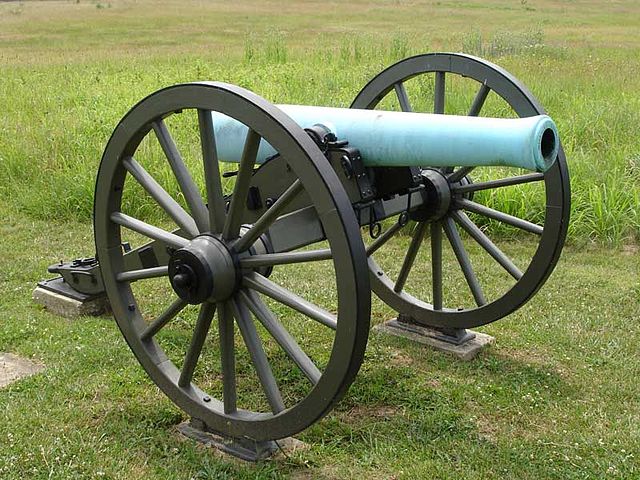Albert Sidney Johnston was an American military officer who served as a general in three different armies: the Texian Army, the United States Army, and the Confederate States Army. He saw extensive combat during his 34-year military career, fighting actions in the Black Hawk War, the Texas-Indian Wars, the Mexican–American War, the Utah War, and the American Civil War.
Albert Sidney Johnston, c. 1861
China Grove Plantation, Johnston's Texas home
Johnston as commander of the Department of Utah. Portrait taken by Samuel C. Mills at Camp Floyd, Utah Territory, winter of 1858–59
Albert S. Johnston in Confederate Army uniform wearing Three Gold Stars and Wreath on a General's Collar
The Confederate States Army, also called the Confederate Army or the Southern Army, was the military land force of the Confederate States of America during the American Civil War (1861–1865), fighting against the United States forces to win the independence of the Southern states and uphold and expand the institution of slavery. On February 28, 1861, the Provisional Confederate Congress established a provisional volunteer army and gave control over military operations and authority for mustering state forces and volunteers to the newly chosen Confederate president, Jefferson Davis. Davis was a graduate of the U.S. Military Academy, and colonel of a volunteer regiment during the Mexican–American War. He had also been a United States senator from Mississippi and U.S. Secretary of War under President Franklin Pierce. On March 1, 1861, on behalf of the Confederate government, Davis assumed control of the military situation at Charleston, South Carolina, where South Carolina state militia besieged Fort Sumter in Charleston harbor, held by a small U.S. Army garrison. By March 1861, the Provisional Confederate Congress expanded the provisional forces and established a more permanent Confederate States Army.

Private Edwin Francis Jemison, whose image became one of the most famous portraits of the young soldiers of the war
A cartoon from the war, showing the Confederates forcibly drafting a Southern Unionist man into the Confederate army. The Unionist man objects, with the Confederates threatening to lynch him if he does not comply.
An 1861 Confederate recruiting poster from Virginia, urging men to join the Confederate cause and fight off the Union Army, which it refers to as a "brutal and desperate foe"
CSA M1857 Napoleon Artillery Piece








